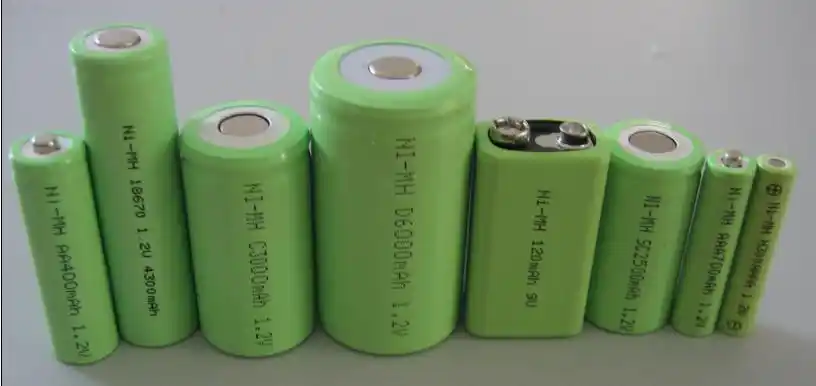Understanding NiMH Batteries: Safety, Applications, and Comparisons

Nickel-metal hydride (NiMH) batteries have become a popular choice due to their performance, safety, and long life cycle. Here's a detailed look into their safety, usage, and how they compare to lithium-ion batteries.
Are NiMH Batteries Safe?
NiMH batteries are generally safe but require proper handling:
- Non-toxic: They are safe for humans but can harm plants.
- Electrolyte risks: Extreme temperatures can cause the electrolytes to produce gas, which might be hazardous.
Keeping NiMH Batteries Safe
-
Proper Charging:
- Follow manufacturer guidelines.
- Avoid overcharging or charging in extreme temperatures.
- Use chargers that monitor temperature to prevent overheating.
-
Proper Storage:
- Store in the original packaging and a cool, dry place.
- Keep batteries separated to avoid contact.
-
Ventilation:
- Ensure the charging area is well-ventilated to prevent hydrogen gas buildup, which is explosive when mixed with air.
-
Safety Tips:
- Keep batteries out of reach of children and pets.
- Educate others on battery safety.
- Seek immediate medical attention if a battery is swallowed.
NiMH Battery Applications
- Mobile Phones: Offers high energy density and up to 300 life cycles.
- Laptops: Preferred for their longevity compared to nickel-cadmium batteries.
- Computers: Known for durability and performance.
- Digital Cameras: Still used in many models due to their reliability before lithium-ion became prevalent.
Differences Between NiMH and Lithium-ion Batteries
-
Charge Cycles:
- Lithium-ion: Longer life cycles.
- NiMH: Shorter but can be extended with proper care.
-
Voltages:
- Lithium-ion: Higher nominal voltage (~3.70V).
- NiMH: Lower nominal voltage (1.2V per cell).
-
Power Output:
- Lithium-ion delivers higher power due to higher voltage.
-
Chargers:
- Each type requires specific chargers; using the wrong charger can be hazardous.
-
Size and Weight:
- Lithium-ion is lighter, making it easier to transport.
-
Safety:
- NiMH is safer and less prone to fires or explosions.
- Lithium-ion requires protection circuits to ensure safety.
-
Price:
- NiMH is more affordable, while lithium-ion tends to be pricier but might decrease in cost with rising demand.
Recommended NiMH Battery Manufacturer
- Grepow: Known for producing high-power and low self-discharge NiMH batteries, used in various applications like RC cars, power tools, and medical devices.
Conclusion
NiMH batteries offer a safe, reliable, and eco-friendly option for powering a wide range of electronic devices. They strike a balance between performance and cost, making them a preferred choice for many applications. Always follow the manufacturer's safety guidelines to maximize battery life and ensure safe usage.
Edit by paco


